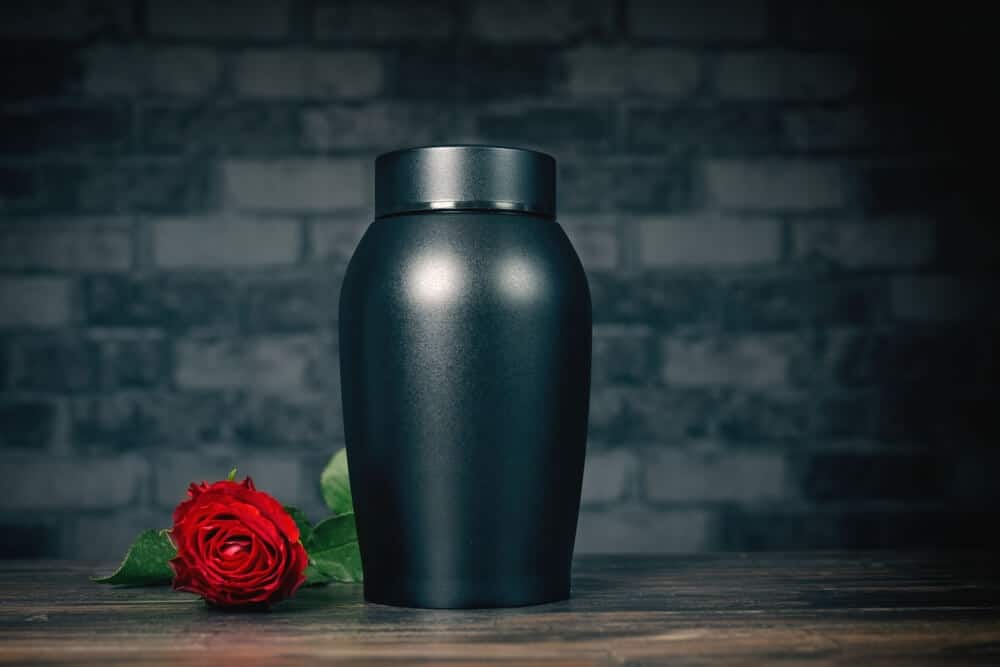Cremation is one of the fastest growing alternative burial methods in the country. Yet, most people are not aware of the cremation laws and rules that must be followed when cremating a loved one. In this article, we’ll discuss some frequently asked questions to guide you through the process.
It is important to note that there are specific licensing and operational requirements to be considered an authorized crematory. State and local laws also govern who can authorize a cremation for a deceased family member and how long after death a cremation can be performed. Philadelphia cremation laws and rules offer a many options and considerations for cremating a loved one.
Table of Contents
Who Can Choose Cremation As a Form of Burial?
Only the person considered to be the next-of-kin can authorize cremation. In some states, this person is referred to as the “authorizing agent.” The official process to authorize a cremation begins with signing of a declaration for disposition form by the next-of-kin.
Do Cremation Rules or Laws Require a Cremation Permit?
After the declaration of disposition has been filed with the official death certificate, the county’s office will issue a cremation permit. Depending on the county, the cost for the cremation permit may be between $15-$40.
Are There Rules or Laws With a Mandatory Waiting Period Before Cremation?
The state and local laws vary, so be sure to check with your local jurisdiction. Usually, there is a 24-hour waiting period between when the person died and when they can be cremated. Some states lengthen this to 48-hours after death before cremation can occur. However, if the disposal of the body should be done to maintain public health, in the instance of a contagious disease, then the state coroner can override this waiting regulation and order an immediate cremation take place.
Are Cremation Providers Licensed?
According to federal regulations, all cremation providers must be certified and licensed within the county or state in which they perform cremation services. Within the funeral industry, there are additional regulations and best practices that reputable crematory and burial providers must follow. These would include proper and ethical handling of remains, accurate documentation of processes performed, as well as safe practices related to cremation collection and/or disposal. You can always ask to see licensure and documentation before selecting a cremation provider.
Can I Be Cremated Without a Funeral Service?
Yes, you can opt for cremation without holding a traditional funeral service. This option is known as direct cremation, where the body is cremated shortly after death without a formal ceremony. Direct cremation complies with cremation laws and is often chosen for its simplicity and cost-effectiveness. It’s important to note that while a funeral service isn’t required, cremation rules still mandate obtaining proper authorization and adhering to any waiting periods specified by state or local regulations.
What Happens If Family Members Disagree on Cremation?
Disagreements among family members regarding cremation can be challenging. In such cases, cremation laws designate a legal hierarchy to determine who has the authority to make final decisions. Typically, the next of kin holds this responsibility. If disputes persist, and no prior directives exist, the matter may require legal intervention to resolve. It’s advisable to have clear, written instructions regarding one’s wishes to prevent such conflicts.
Legal Tips When Choosing a Cremation Provider
Selecting a reputable cremation provider is crucial. Here are some legal considerations:
- Verify Licensing: Ensure the provider is licensed and complies with all state cremation laws.
- Review Contracts Carefully: Understand all terms, including services provided, costs, and cancellation policies.
- Check for Transparency: A trustworthy provider should be transparent about their processes and adhere strictly to cremation rules.
- Ask About Handling of Remains: Inquire about how remains are managed, ensuring they follow legal protocols for identification and processing.
- Research Reputation: Look for reviews or testimonials to gauge the provider’s reliability and adherence to cremation laws.
Are There Any Laws About Scattering Ashes?
Yes, both federal and state cremation laws govern the scattering of ashes:
- Federal Regulations: Under the Clean Water Act, scattering ashes at sea must occur at least three nautical miles from shore. Additionally, the Environmental Protection Agency (EPA) requires notification within 30 days of the scattering.
- State and Local Laws: Regulations vary by state. However, it’s essential to consult local cremation rules to ensure compliance.
- Private Property: Permission from the property owner is mandatory before scattering ashes on private land.
Always check with local authorities or consult a funeral director to ensure all cremation laws and rules are followed when scattering ashes.
Get Help Navigating Cremation Laws and Rules
If you are considering cremation for a loved one, the experienced and caring staff at the Philadelphia Cremation Society are happy to answer all of questions about cremation laws and rules. Call us at (610) 467-5487 or complete our form for a free cremation consultation for immediate assistance or planning for the future.





